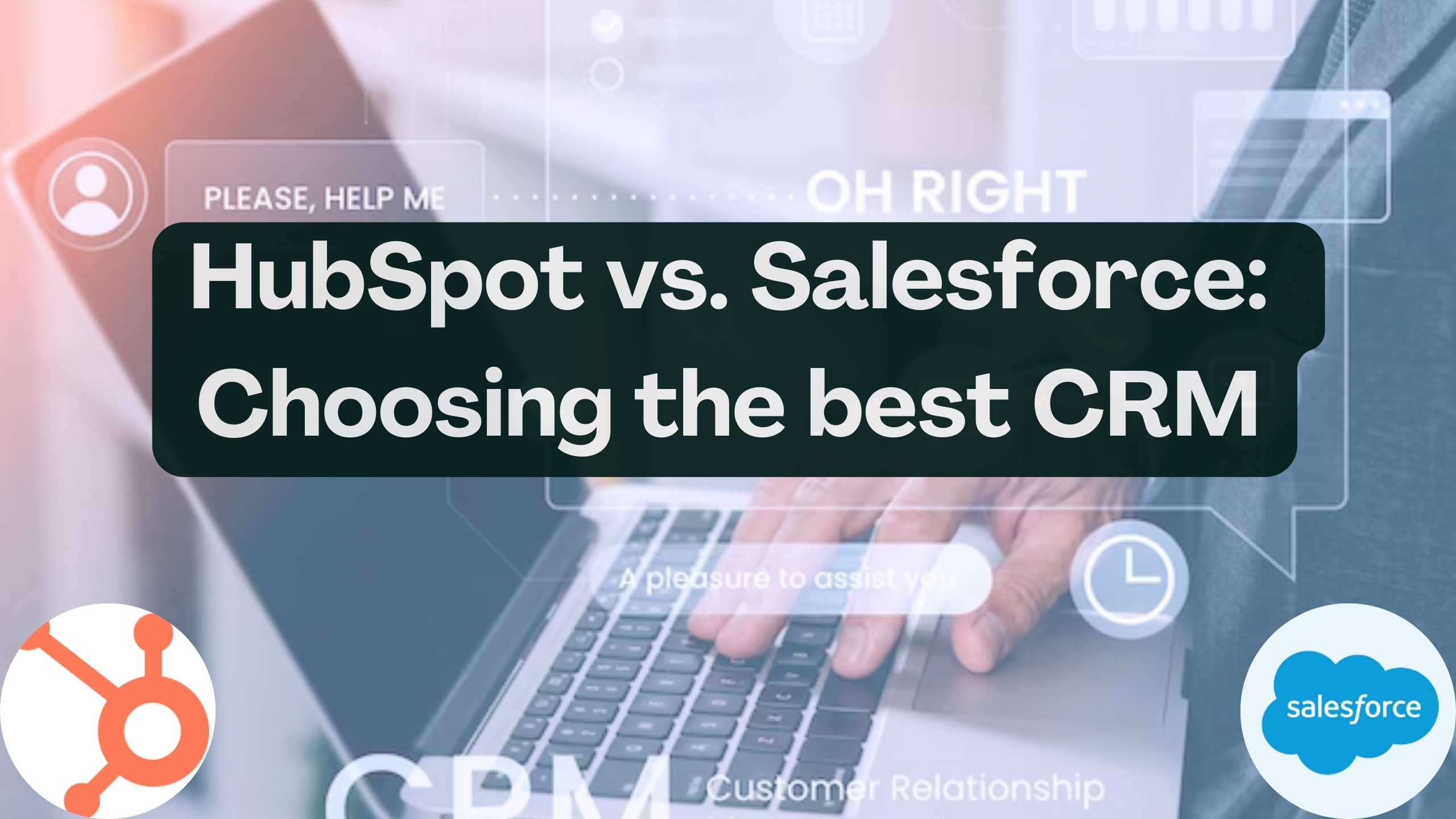HubSpot vs. Salesforce: Choosing the best CRM
- Proposal Software Customer Relationship Management


HubSpot vs. Salesforce: Choosing the Best CRM for Your Business
Selecting the right Customer Relationship Management (CRM) system is crucial for businesses aiming to streamline operations, enhance customer relationships, and boost overall productivity. In this comprehensive guide, we compare two titans in the CRM arena: HubSpot and Salesforce. Dive into the features, benefits, and drawbacks of each to make an informed decision tailored to your unique business needs.
Understanding the CRM Landscape
HubSpot: Revolutionizing CRM with an Inbound Approach
HubSpot is synonymous with inbound marketing, and its CRM platform aligns seamlessly with this philosophy. Known for its user-friendly interface and robust marketing automation, HubSpot offers a comprehensive suite that integrates sales, marketing, and customer service functionalities.
Key Features:
- Contact and lead management
- Email tracking and automation
- Marketing analytics
- Sales automation and pipeline management
Salesforce: The Cloud-Based CRM Pioneer
Salesforce is a trailblazer in cloud-based CRM solutions. Renowned for its scalability and customization capabilities, Salesforce caters to businesses of all sizes, from startups to enterprise-level corporations. It provides a 360-degree view of customers and prospects, empowering businesses to drive sales, marketing, and customer service initiatives.
Key Features:
- Extensive customization options
- Advanced analytics and reporting
- Sales forecasting
- AppExchange marketplace for third-party integrations
HubSpot vs. Salesforce: A Head-to-Head Comparison
1. User Interface and Ease of Use
HubSpot: HubSpot is celebrated for its intuitive and user-friendly interface. The platform’s dashboard provides a clear overview of your sales and marketing efforts, making it easy for teams to collaborate and stay organized.
Salesforce: While Salesforce offers extensive customization, its interface can be overwhelming for new users. Extensive training may be required to unlock the platform’s full potential.
2. Scalability and Customization
HubSpot: HubSpot is an excellent choice for small to medium-sized businesses looking for a scalable solution. It may have limitations for larger enterprises with highly complex needs.
Salesforce: Salesforce excels in scalability and customization, making it suitable for businesses of all sizes. It can adapt to evolving requirements and integrate with various third-party applications.
3. Marketing Automation
HubSpot: HubSpot’s marketing automation tools are seamlessly integrated into its CRM, providing a unified experience for sales and marketing teams. It includes features such as lead nurturing and analytics.
Salesforce: Salesforce Marketing Cloud is a robust solution for enterprises requiring advanced marketing automation capabilities. It offers a comprehensive suite of tools for personalized and targeted campaigns.
4. Pricing
HubSpot: HubSpot’s pricing is transparent and often includes various features in its packages. It’s a cost-effective solution for businesses seeking an all-in-one CRM and marketing platform.
Salesforce: Salesforce’s pricing can be complex and may require additional costs for certain features. It’s often considered an investment, particularly for larger enterprises.
Conclusion: Making an Informed Decision
Choosing between HubSpot and Salesforce depends on your specific business requirements, budget constraints, and scalability needs. HubSpot excels in simplicity and is an excellent choice for growing businesses, while Salesforce offers unparalleled scalability and customization for enterprises.
Ready to optimize your CRM strategy? Subscribed.FYI is your go-to platform for gaining insights, comparing tools, and unlocking exclusive deals on various SaaS products, including CRM solutions. Sign up for free today and embark on a journey to streamline your SaaS subscriptions, save costs, and make informed decisions for your business.
Relevant Links
Explore the official websites of the mentioned CRM platforms:








